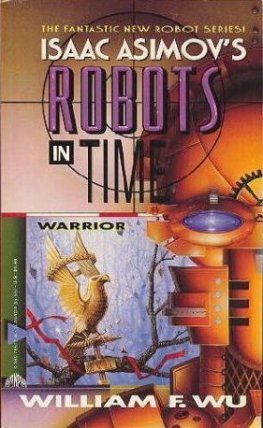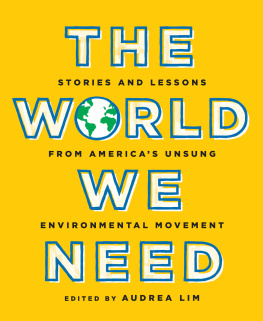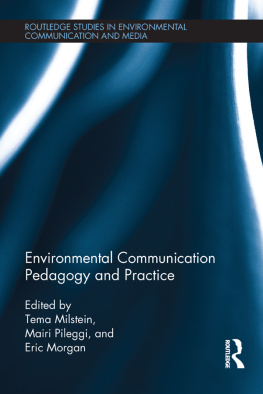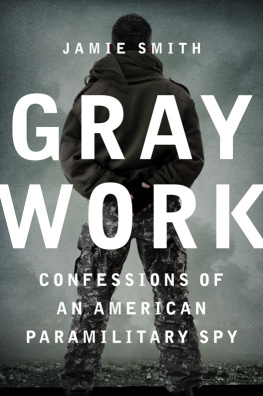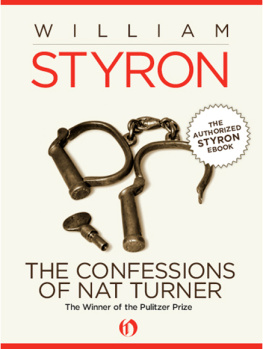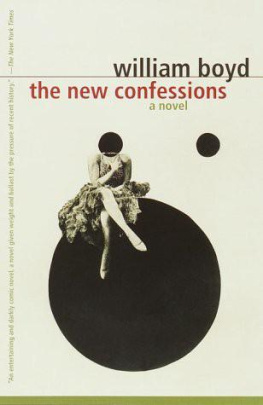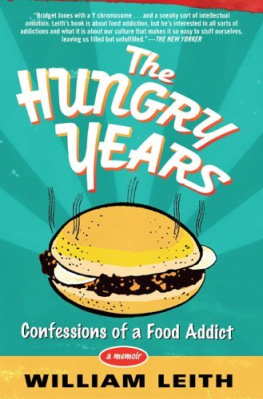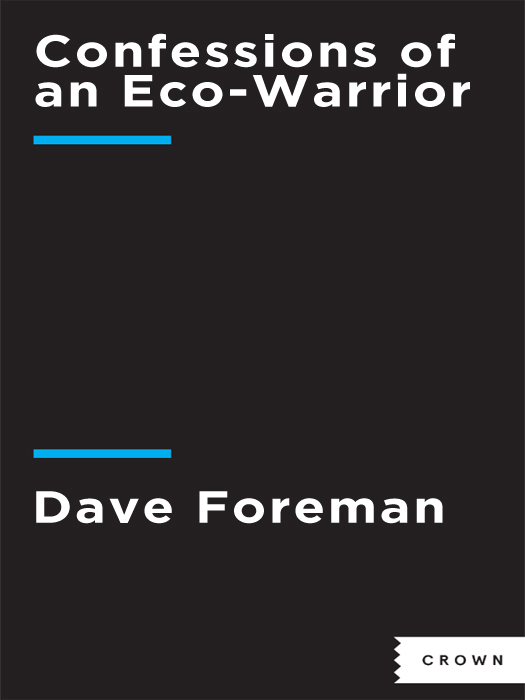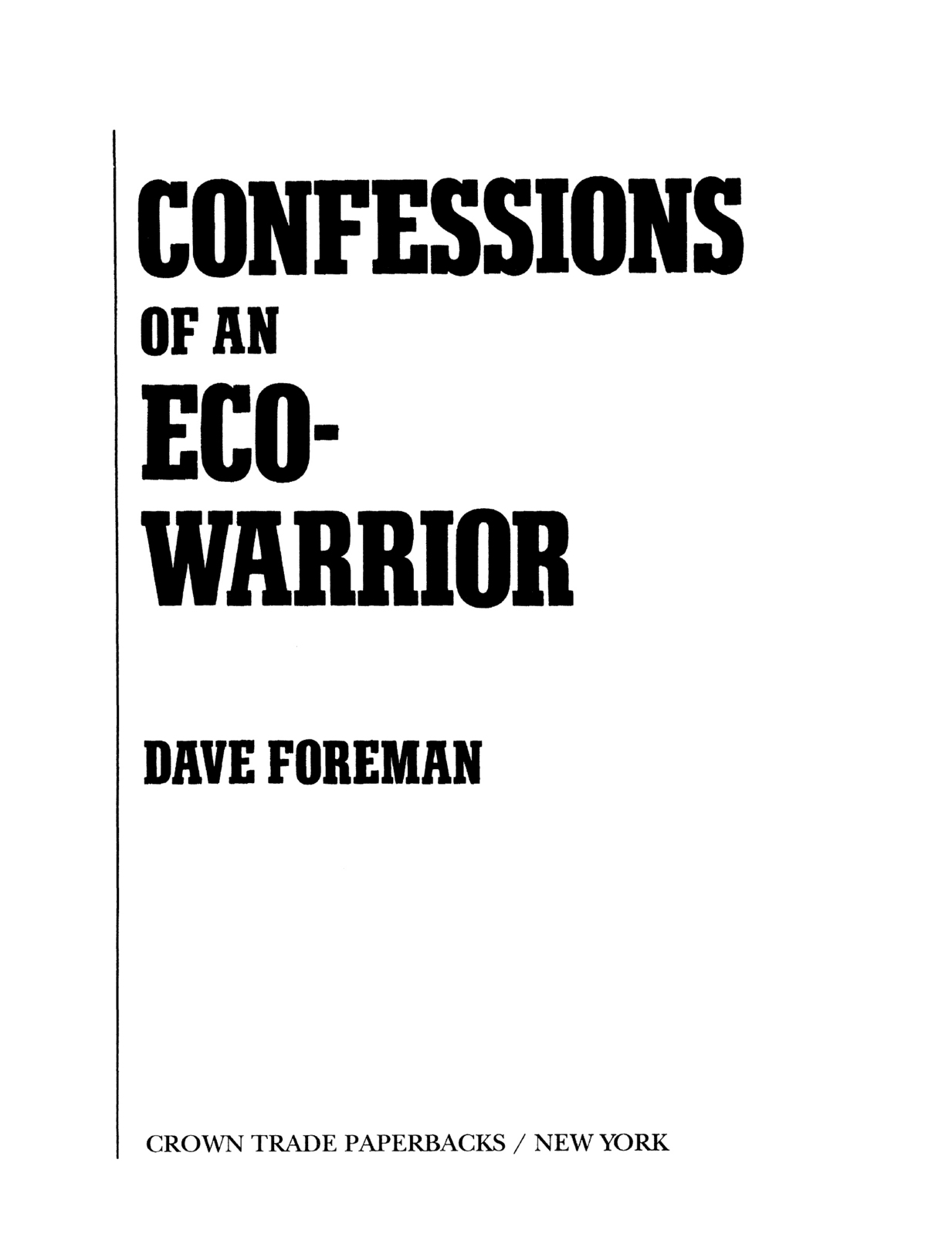All rights reserved. No part of this book may be reproduced or transmitted in any form or by any means, electronic or mechnical, including photocopying, recording, or by any information storage and retrieval system, without permission in writing from the publisher.
201 East 50th Street, New York, New York 10022.
Member of the Crown Publishing Group.
Random House, Inc. New York, Toronto, London, Sydney, Auckland
CROWN TRADE PAPERBACKS and colophon are trademarks of Crown Publishers, Inc.
Confessions of an eco-warrior / David Foreman.
p. cm.
1. Environmental policyUnited States. 2. Environmental policy-United StatesCitizen participation. I. Title.
L et me be honest about a few things at the very beginning. First of all, Im not sure what this book is. Its not an autobiography or even a memoir. Its not a work of conservation history or a technical discussion about environmental issues. Its not a comprehensive exposition of biocentric philosophy or an in-depth discussion of conservation biology. Its not a polemic or a how-to guide. I guess its a little bit like an ugly mongrel dog in which you can see the ears of one breed, the jowls of another, and so on. Whatever this poor bastard is, I hope it gets you, the reader, thinking or wondering, whether you like it or not.
My second caveat is like the warnings on the edges of medieval maps: Here there be monsters. The monsters in this case are inconsistencies. Ralph Waldo Emerson, who knew what he was talking about, said that a foolish consistency is the hobgoblin of little minds. There are hobgoblins in my mindand its not necessarily bigbut foolish consistency is one that doesnt stumble around inside it very often.
I must also admit that after twenty years as a full-time conservationist, I have more questions than answers. This is not an operating manual for spaceship Earth or a brilliant solution to the problems of our time. My environmental career is not a linear progression from moderate to radical. Its more of a spiral, like Aldo Leopolds round river flowing back into itself around and around. In the 1970s, when I worked for The Wilderness Society, I believed that being moderate and reasonable was the way to protect the greatest amount of wilderness. I disavowed that in 1980 with the founding of Earth First!, arguing that we should let our actions set the finer points of our philosophy. As you will read, I am not so sure of that approach today. I do not write during a static time. Today is a period of transitionfor me personally, for the Earth First! movement, for which I have spoken these last ten years, and for human civilization. In recognition of that, the arrangement of chapters follows a rough chronology from the formation of the Earth First! movement in 1980 to my leaving Earth First! today. As a result, one may perceive a shift in my point of view and in what I advocate. The sequence also goes from describing who I am and what Earth First! is, to the importance of wilderness, to monkeywrenching, to proposals for the future.
The last warning is that I am no saint. We are often lectured to clean up our own acts before poking our noses into other peoples business. Well, there isnt time for me to achieve perfection before trying to save the Earth. Its got to be done now. A doctor or nurse working in an emergency room doesnt have time to worry about her own cholesterol while shes trying to bring back a heart attack victim. This is a book about the destruction of Earth by someone who is part of that problem. We are all part of the problem.
What I hope this book does, then, is to motivate people into action. We live in perilous times. The peril is of our own making, and many of us probably deserve it. But the children, and the native peoples of this world, and, most important, all the other species sashaying around in this great dance of life dont deserve the peril we have created.
The ecologist Raymond Dasmann says that World War III has already begun, and that it is the war of industrial humans against the Earth. He is correct. All of us are warriors on one side or another in this war; there are no sidelines, there are no civilians. Ours is the last generation that will have the choice of wilderness, clean air, abundant wildlife, and expansive forests. The crisis is that severe.
If there is one theme that consistently runs through this book, other than the intrinsic value of all natural things and the need for personal action by every one of us, it is an embracing of diversity. I am no moral relativist. I believe that some things are good and some are bad. I have a value system. But I passionately believe that there are many ways to do good, countless methods to defend things of value. My way is not the only good way. My style is not the only valid style.
Thus I do not want to tell anyone what to do. Each of us has to find his or her own role, style, and tools to use in defense of Earth. These may change through time and situation. Wearing a suit and tie, I have sat in a room alone with a United States senator, going over boundary lines on a map of a Wilderness proposal. Ive also worn camouflage, prowling around a forest, pulling up survey stakes for a road. What is important is that you do something. Now.
| 1 | In Time of Crisis |
| In wildness is the preservation oj the world. |
| Henry David Thoreau |
W e are living now in the most critical moment in the three-and-a-half-billion-year history of life on Earth. For this unimaginably long time, life has been developing, expanding, blossoming, and diversifying, filling every available niche with different manifestations of itself, intertwined in complex, globe-girdling relationships. But today this diversity of perhaps 30 million species faces radical and unprecedented change. Never beforenot even during the mass extinctions of the dinosaurs at the end of the Cretaceous era, 65 million years agohas there been such a high rate of extinction as we are now witnessing, such a drastic reduction in the planets biological diversity.
Over the last three or four hundred years, human civilization has declared war on large mammals, leading some respected ecologists to assert that the only large mammals living twenty years from now will be those we humans choose to allow to live. Other prominent biologists, looking aghast on the wholesale devastation of tropical rain forests and temperate-zone old-growth forests, rapidly accelerating desertification, rapacious commercial fishing, and wasting of high-profile large mammals like whales, elephants, and Tigers (charismatic megafauna) owing to habitat destruction and poaching, say that Earth could lose one-quarter to one-third of



